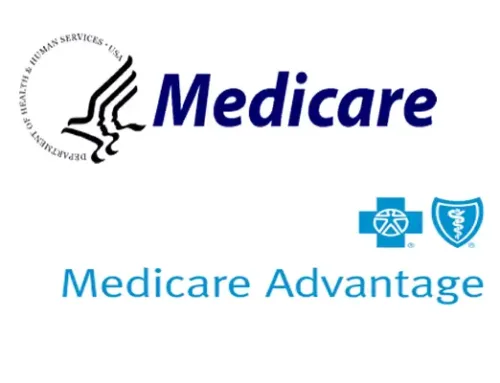A physician advisor can provide valuable support to a hospital in several key areas:
- Clinical Documentation Improvement (CDI): Physician advisors can work closely with healthcare providers to ensure that clinical documentation accurately reflects the care provided to patients. By improving the quality and completeness of documentation, hospitals can enhance coding accuracy, optimize reimbursement, and reduce the risk of denials.
- Revenue Cycle Management (RCM): Physician advisors play a crucial role in revenue cycle management by identifying opportunities to improve coding practices, reduce claim denials, and streamline billing processes. Their expertise can help hospitals maximize revenue while maintaining compliance with regulatory requirements.
- Utilization Management (UM): Physician advisors can assist in utilization management by reviewing cases for medical necessity, appropriateness of care, and optimal resource utilization. By ensuring that healthcare services are delivered efficiently and effectively, hospitals can improve patient outcomes and control costs.
- Quality Improvement (QI) Initiatives: Physician advisors can contribute to quality improvement initiatives by analyzing clinical data, identifying opportunities for improvement, and implementing evidence-based practices. They can also support efforts to achieve and maintain accreditation and certification from regulatory bodies.
- Interdisciplinary Collaboration: Physician advisors can facilitate collaboration between clinical departments, administrative staff, and external stakeholders such as payers and regulatory agencies. By fostering communication and teamwork, they can help improve coordination of care, enhance patient safety, and achieve organizational goals.
- Education and Training: Physician advisors can provide education and training to healthcare providers and staff on topics such as clinical documentation best practices, coding guidelines, regulatory requirements, and quality improvement strategies. By promoting continuous learning and professional development, they can help improve performance and compliance throughout the organization.
- Risk Management and Compliance: Physician advisors can help hospitals mitigate legal and regulatory risks by ensuring that clinical documentation and billing practices comply with applicable laws, regulations, and industry standards. By identifying and addressing potential compliance issues proactively, they can help protect the hospital from financial penalties and reputational harm.
Overall, a physician advisor can serve as a valuable resource for a hospital, helping to optimize clinical and financial performance, improve quality of care, and ensure compliance with regulatory requirements.





